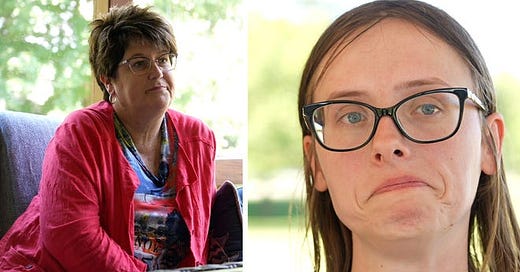Sharing another critical article on the youth mental health crisis by journalist Lee Rood for her Reader’s Watchdog column from August 15, 2024.
With few Iowa treatment options, parents of children in crisis look elsewhere for help
With no options for mental health treatment for violent kids, parents leave children at hospitals, send youth out of state.
Nu…
Keep reading with a 7-day free trial
Subscribe to Minding the Gaps to keep reading this post and get 7 days of free access to the full post archives.



